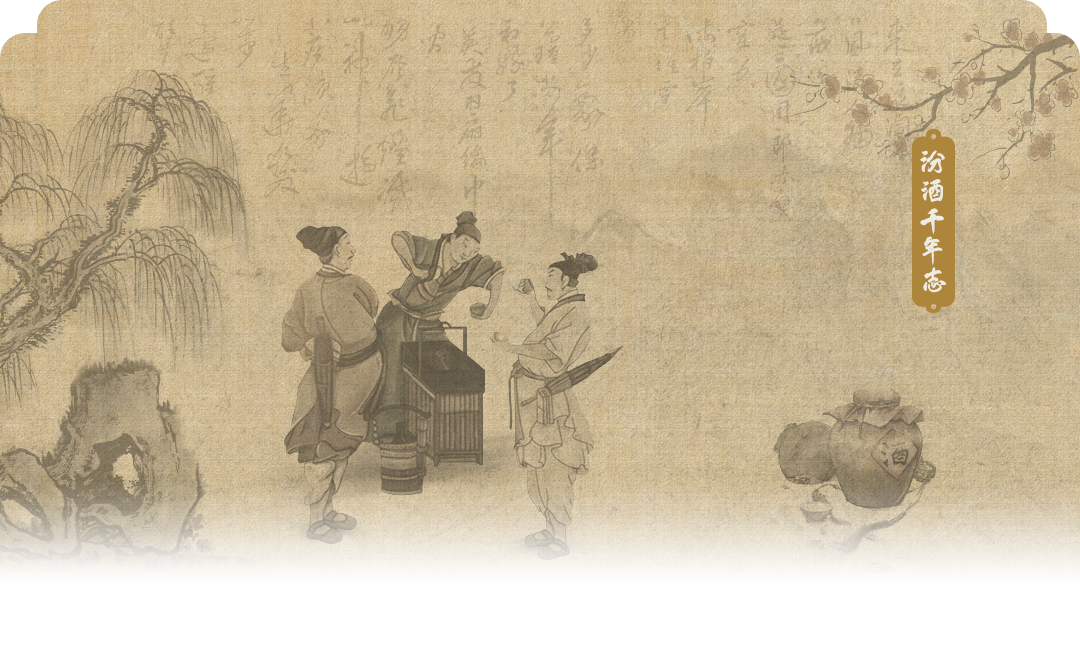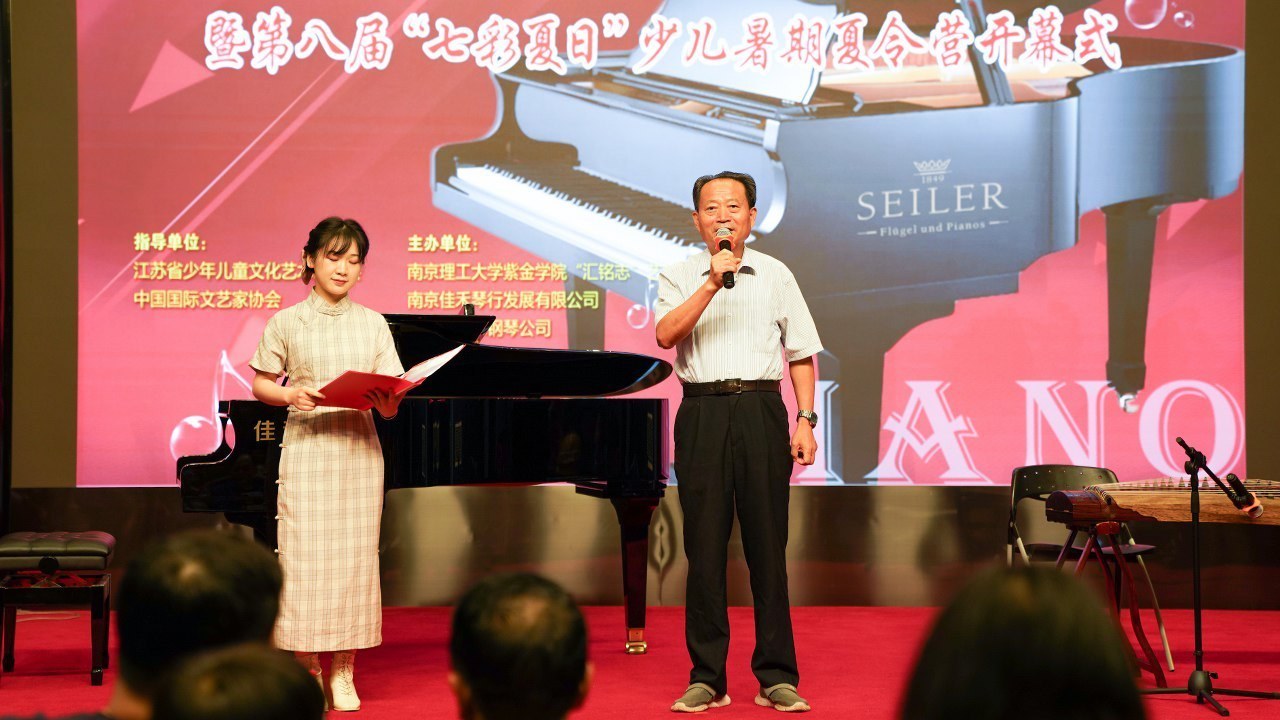National Push Week | "Promote Mandarin, welcome the 20th National Congress"
Author:Central National University Time:2022.09.17
Approved by the State Council
Since 1998
Every September 3 is
National Promotion of Putonghua Publicity Week
The theme of the 25th Push Week this year is
"Promote Mandarin, welcome the 20th National Congress"
The development history of Mandarin
1909
The Qing government named Beijing official dialect to Mandarin
1918
The Beiyang government announced the first set of state -recognized Guoyin Fusian letters
1923
The fifth meeting of the Mandarin Unified Preparation Conference decided to formulate voice based on the vernacular grammatical grammar based on the modern Chinese official dialect and Beijing discourse voice
1953
New China takes Beijing and Chengde City, Hebei Province as the main collection of Mandarin Standard Voice

2000 years
The National General Law of the People's Republic of China establishes Mandarin and standardized Chinese characters as a legal status of the country's general language

The origin of Push Week
Each region has their own dialects. People from all over the world are often difficult to communicate because of their unreasonable language. The first Pushing Week was held in 1998. Later, the State Council will stipulate the third week of September each year as the National Promotion Week of Putonghua. Pushing Zhou played a positive role in propagating and guiding social language standards, improving the language and cultural literacy of the people, and improving the soft power of the national culture, and has become an important platform for the high -quality development of national language work.

Push Tips
Q1
What is a national general language?
The National General Language Law of the People's Republic of China stipulates that the national common language is Mandarin and standardized Chinese characters.
Q2
When will the "National General Language Literature of the People's Republic of China" be announced? When will it be implemented from?
On October 31, 2000, the eighteenth meeting of the Standing Committee of the Ninth National People's Congress reviewed and approved the "National General Law of the People's Republic of China", which was implemented on January 1, 2001.
Q3
What is Mandarin?
Mandarin is a common language in the country. Mandarin is based on Beijing Voice, based on the northern dialect, and a model of modern vernacular writing as a grammatical specification.
Q4
What is a normative Chinese character?
Standard Chinese characters refer to Chinese characters that comply with the standard standards promulgated by the state. For modern Chinese, it includes two parts: sorting and simplified characters.
Q5
What are the significance of promoting common language and words? The standardization of language and text is standardized. Communication and enhanced the cohesion of the Chinese nation are of great significance.
Q6
What is the language of the most used in the world?
Chinese is the main language of our country and the most used language in the world.
speak Mandarin
Write specifications
Civilized
Chinese dream
Chinese Proficiency Test
Mandarin is not ordinary. It is closely related to us. In addition to using Mandarin to communicate with Mandarin every day, through horizontal testing, one of the Certificate of Mandarin -one of the essential certificates for contemporary college students is also particularly important for us.
In order to meet the needs of the promotion of Mandarin in the new period, the 1986 National Language Work Conference proposed the idea of formulating the "Putonghua level test level standard". According to the "Mandarin Level Test Standard", it is divided into three -level and six -class.
Level first (standard Mandarin)
A: Reading and free conversation, speech standards, correct words, grammar, natural tone, and smooth expression. The total loss rate of the test is within 3%.
B equal: When reading aloud and freely, the voice standards, words, grammar are correct, the tone is natural, and the expression is smooth. Occasionally there are words and tunes. The total loss rate of the test is within 8%.
Grade II (relatively standard Mandarin)
A class: When reading aloud and freely, the rhyme is pronounced basic standards, the tone is natural, and the expression is smooth. A few difficulty sounds (flat tongue sounds, nasal tails, sideways, etc.) sometimes make mistakes. Words and grammar are rarely errors. The total loss rate of the test is within 13%.
B equal: When reading aloud and freely, the individual value adjustment is inaccurate, and the vowels are not in place. Difficulty sound (flat tongue sound, front and rear nose tail sound, edge nose sound, Fu-hu, z-zH-j, giving gas without gas, I-ü no distinction, retain the turbid stuffy sound and turbid condole Single soundization, etc.) mistakes. The dialect is not obvious. There are cases of dialect words and dialect grammar. The total loss rate of the test is within 20%.
Level 3 (general level of Mandarin)
A: When reading and talking freely, there are many errors in vowels. The difficulty sounds exceed the common range, and the tone is not allowed. The dialect tunes are more obvious. Words and grammar make mistakes. The total loss rate of the test is within 30%.
B class: When reading and talking freely, there are many errors in vowels, and the characteristics of dialects are outstanding. The dialect is obvious. There are many words and grammar. Foreigners have no understanding of their conversations. The total loss rate of the test is within 40%.
Putonghua level test includes::

1. Read a single syllable word (100 syllables): 10 minutes, a limited time of 3.5 minutes;
2. Read multi -voice words (100 syllables): 20 points, a limited time of 2.5 minutes;
3. Read the essay aloud (400 syllables): 30 points, a limited time of 4 minutes;
4. Proposition speaking (choose one of two topics): 40 points, no less than 3 minutes.
What about your Mandarin level?

Let's come together "Little Test Bull Sword"!
View more ups and down to view more
Promote the popularization of the country's universal language









It is the consciousness of the Chinese nation community
The inevitable requirements of advancing the construction of the Chinese nation community
It is conducive
It is conducive to building a spiritual home in the Chinese nation
It is conducive to creating a good language environment
Accelerate the construction of a new development pattern
Promote all ethnic groups to keep up with the times
Commonly unite and strive, common prosperity and development
In the same talk, Mandarin, build a harmonious home together
Promote the education of national general language and text education
Master of the people act together!
National Push Week | Mandarin Remarks Cerpment, Standard Words write a new article in the era
National Push Week | "Together with Mandarin to join a well -off"

Products | Merchants Media Center of the Propaganda Department of the Party Committee

Draft | Liu Yufei Fan Yuting
Picture | Ministry of Education People's Daily China News Network
Capture | Li Qiqi
Editor -in -law | Wu Liyan
Review | Ma Dani Li Hongliang He Lulu


- END -
Thousands of wine flavor, see the poetic fairy style!

Drink Confucius, Weiqi Ling instrument——The Book of Songs The Book of Songs · B...
The first "Jiahe Cup · Saileor Piano Invitational" awards ceremony was held in Ning

On July 3rd, the first Jiahe Cup · Saelle Piano Invitational award ceremony and t...